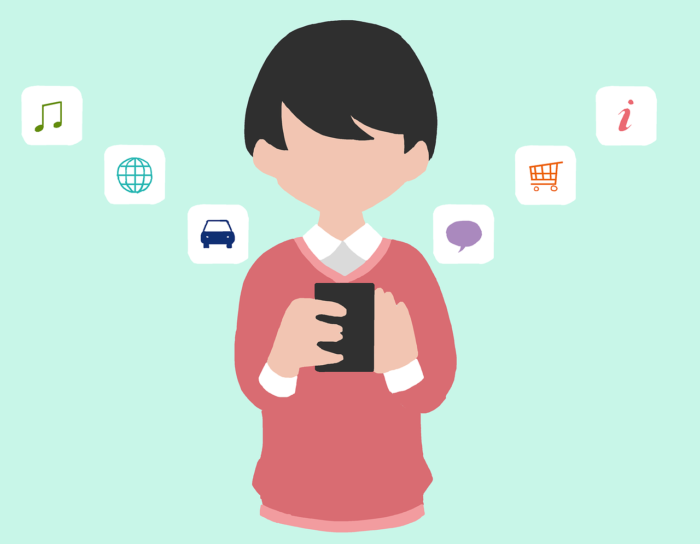When you create an app, one of your main goals will be to get more people to use your app. Unfortunately, getting new users is often easier said than done. There is a lot of competition out there as there are millions of different mobile apps available to the public. Also, there can be many reasons people might turn away from your app even if the content is good.
One of the primary reasons people might abandon an app is slow loading times. If your app loads slowly, there are many drawbacks that your company or app may experience. There are many different reasons why your app could be loading slowly. Thankfully, there are tools out there that can help you identify why. For example, a log analyzer (such as the one offered by Papertrail) can help find root causes of issues and alert you when errors arise that could hurt performance.
However, you don’t only want to know why your app is loading slowly, you also want to know how you can fix it. This article is going to take a closer look at that. We are going to look at a few effective ways to reduce app load times.
Optimize of Compress the Data
One of the biggest causes of a website or app loading slowly is the amount of data on the site. If you have a ton of pictures, videos and other content, don’t be shocked when your app or site takes longer to load. However, more important than the amount of data is whether it is optimized or not. If your content is not optimized, loading speeds will be affected.
You need to use correct photo and video formatting, while also ensuring the text is optimized too. You may be surprised at just how much of a change this can have on how quickly people can access your app. In addition to optimized images, videos and text, you also want to ensure your ads are kept simple as well. Large or animated ads can also slow down pages, especially if there are a lot of them.
Keep Software and Programs Updated
In the modern day, there is a good chance you have used various different programs and software to create and operate your app. If not, you could run into many different issues. Updates usually fix previously-hidden security flaws, make general improvements and more. If you’re not updating your software, you could be missing out and performance issues may be encountered. Older frameworks can often lead to slower performance, which could easily drive people away from your app.
Also, whether you are creating apps for iOs, Android or any other provider, be sure to update the operating system too. Sure, completing all of these updates can potentially be time-consuming, but it is required if you want your app to perform at it’s best.
Use a Load Balancer
(via: https://pixabay.com/photos/network-server-system-2402637/)
One other thing that can potentially cause some slow load times or other performance issues is too much traffic. Many websites simply operate on a single server. While this single server is often enough to handle normal traffic, if more people are coming to your app than normal, you might be in for some trouble.
Lots of traffic can slow down every aspect of your site and potentially even crash it. As a result, you should consider using a load balancer. A load balancer will distribute your traffic over a number of different servers, to make sure your app is reliable and performs well. This will greatly lower the burden on your server and allow you to handle more users or visitors at a time.
Hopefully this article has been able to assist you in learning more about how to reduce and optimize app load time.


